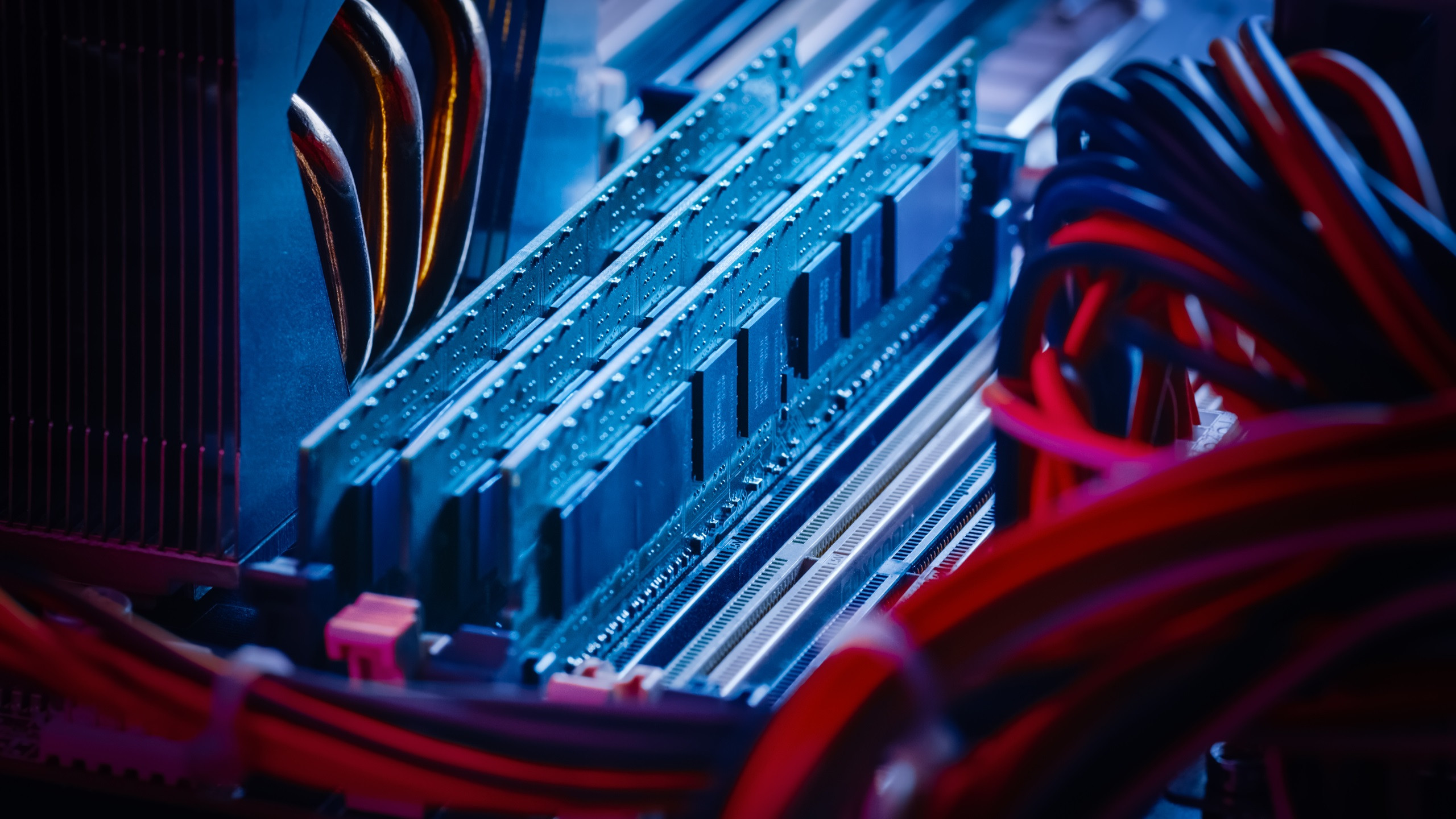The OPPO A5 Pro Series is designed for users who demand durability, high performance, and long-lasting reliability...

Deliberating CPU overclocking: Is it worth the risk?
Is the majority of individuals eager to utilize their CPU to its fullest potential? The topic of overclocking will be explored to assess its worth. Before proceeding, it is worth considering whether using the processor to its maximum capacity could enhance the computer experience.
What is Overclocking? The process of boosting up a computer hardware component's CPU (central processing unit) is known as overclocking. Increasing the clock rates causes the component to run at a higher speed and perform more operations per second.
It involves providing the processor with additional power to enhance its speed. However, the crucial question is: Should one do it? This depends on whether the individual is confident in their ability to do so. If they have watched numerous tutorial videos and read multiple how-to guides, then why not give it a try?
Those that lacking confidence and unwilling to void their warranty, it is advisable not to proceed with overclocking. It is important to note that overclocking is not suitable for everyone and is not a mandatory practice, even if one possesses a “K” or “X” variant processor. It is somewhat ironic that companies such as Intel and AMD encourage overclocking when promoting their products.
For example, in the case of Intel, the company releases a locked processor initially and subsequently introduces an overclocked version. They then declare that if an individual possesses a “K” variant paired with a “Z” series board, the processor speed can be increased to a certain extent. However, the catch is, that overclocking will void the warranty if the processor fails as a result. It is quite strange, isn't it?
There are so many questions of users whether their processors can be overclocked. On AMD’s side, most of their processors can be overclocked. While on Intel’s side, most of their processors are locked except for the “K” variant.
It is not just the processor that one needs to take into account; the motherboard also plays a crucial role, as not all motherboards have the capability to overclock. Within AMD, it is important to note that all A series, such as A620, A520, or A320, cannot be overclocked, whereas the B and X series certainly can.
Intel on the other hand, only the Z series has the capability to overclock like the Z790 or other Z series motherboards. While the B and H series cannot. However, there are some news that the B series will support overclocking for the 13th generation Processors.
The decision to commence overclocking ultimately hinges on one's self-confidence, technical expertise, and willingness to assume potential risks. While overclocking can unveil latent capabilities, it also has the potential to void warranties or cause CPU damage. It is crucial to carefully assess one's troubleshooting proficiency and the specific capabilities of both the motherboard and processor before arriving at a decision.







Leave a comment